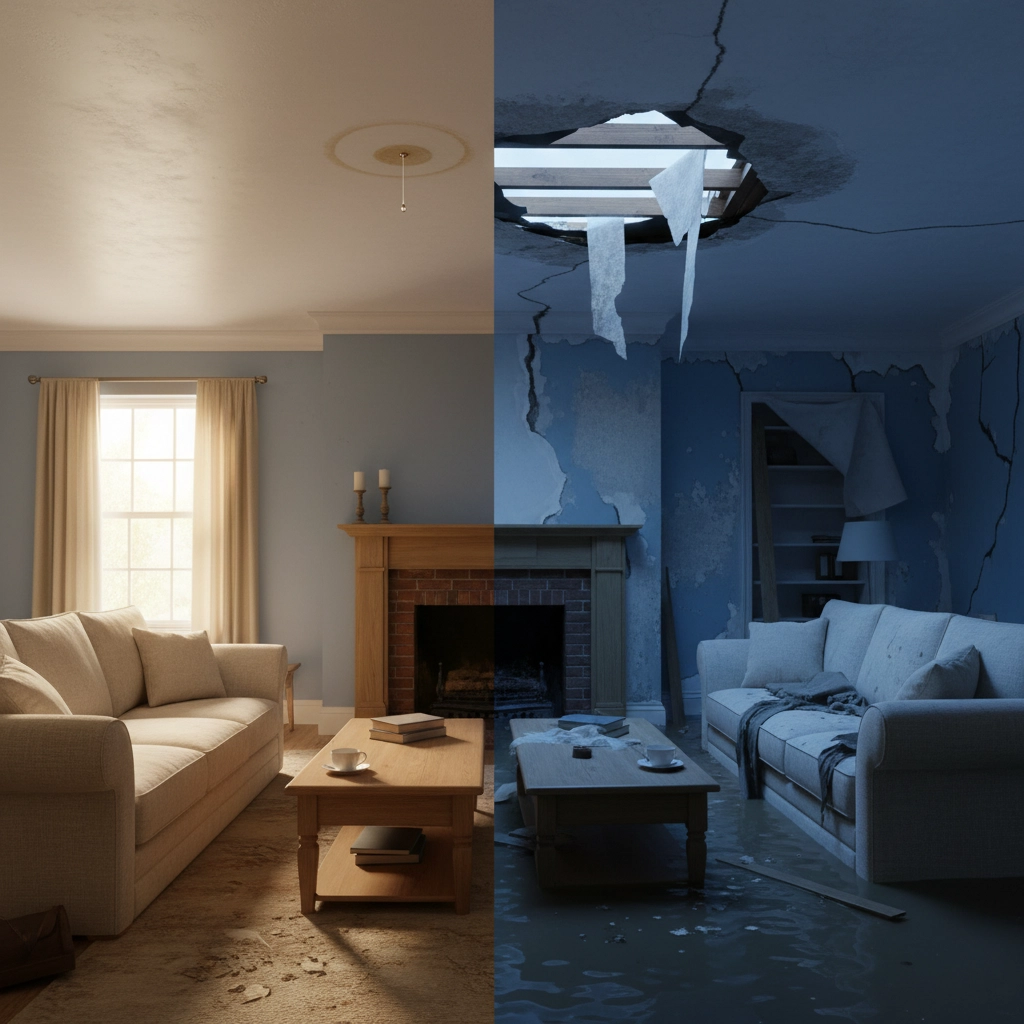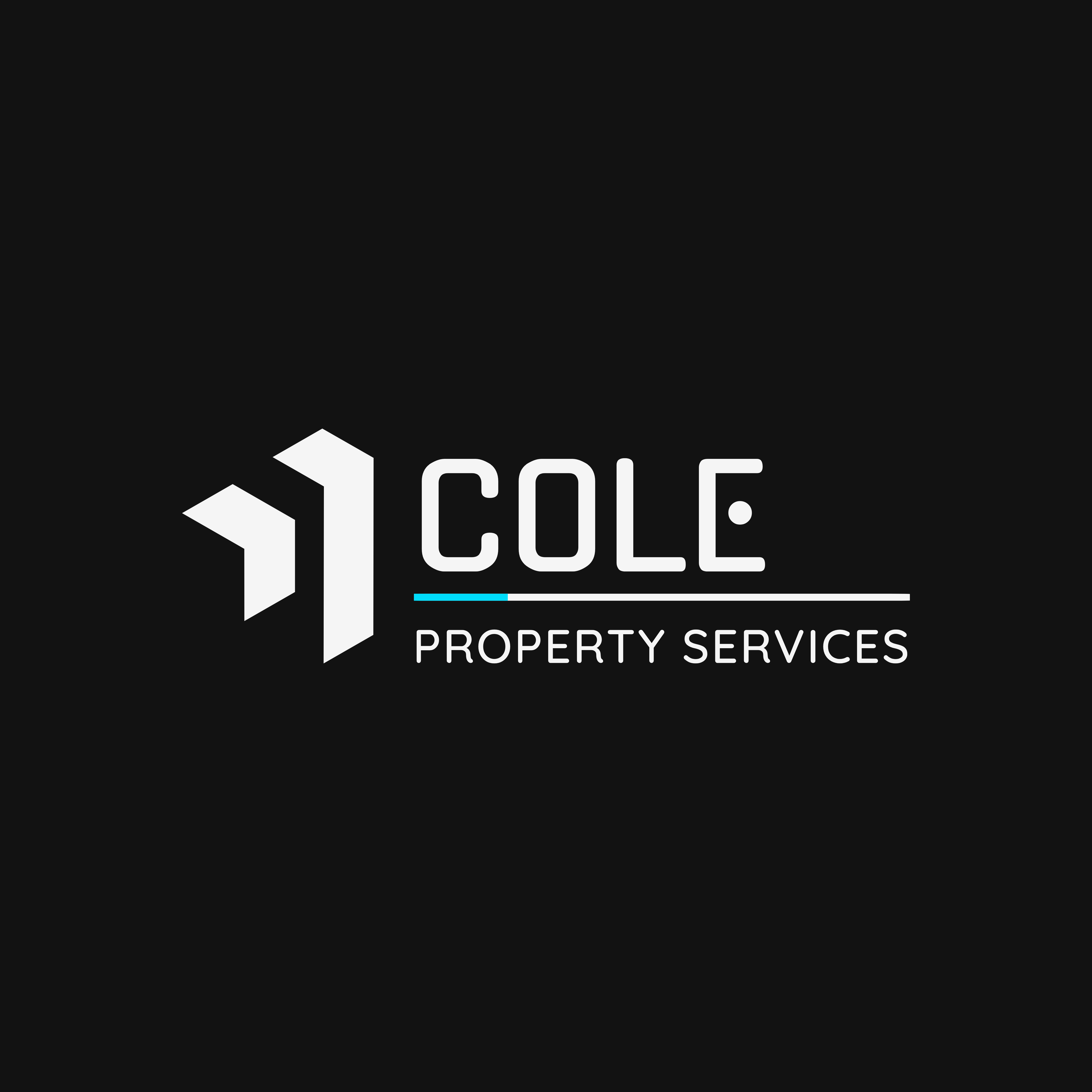Are You Making These Common Property Management Mistakes That Cost Landlords Thousands?
- luke7851
- Sep 26
- 5 min read
Running rental properties should be profitable, but too many landlords are hemorrhaging money because of avoidable mistakes. We're talking about errors that can cost you thousands of dollars in lost revenue, legal fees, and property damage. The good news? Most of these pitfalls are completely preventable once you know what to watch out for.
Let's dive into the most expensive mistakes landlords make and how property maintenance done right can save your bottom line.
The Tenant Screening Disaster
Skipping the Background Check
This is the big one. We see it all the time – landlords who are so eager to fill a vacancy that they skip proper tenant screening. Maybe the applicant seems nice, pays the deposit quickly, or you're just tired of showing the property. But here's the reality: one bad tenant can cost you $10,000+ in lost rent, property damage, and eviction costs.
A thorough screening process should include credit checks, employment verification, previous landlord references, and criminal background checks. Yes, it takes time and costs money upfront, but it's nothing compared to what you'll spend dealing with a problematic tenant later.
Ignoring Red Flags
Even when landlords do screen tenants, they often ignore obvious warning signs. Inconsistent employment history, previous evictions, or reluctance to provide references are all major red flags. Trust your instincts – if something feels off during the screening process, investigate further.

Maintenance Mistakes That Drain Your Wallet
The "Fix It Later" Mentality
One of the most expensive mistakes we see is landlords who postpone maintenance to save money. That leaky faucet might seem minor, but water damage can quickly spiral into thousands of dollars in repairs. We've seen small roof leaks turn into complete ceiling replacements, and minor plumbing issues flood entire units.
Property maintenance done right means addressing issues immediately. Create a seasonal maintenance schedule and stick to it. Your future self (and bank account) will thank you.
Skipping Regular Inspections
Not conducting regular property inspections is like driving with your eyes closed. You need to know what's happening in your properties before small problems become big expenses. Most jurisdictions allow landlords to inspect with proper notice, and smart landlords use this opportunity to catch issues early.
During inspections, look for:
Signs of water damage or leaks
HVAC system performance
Appliance condition
General wear and tear
Potential safety hazards
DIY Disasters
While it's great to be handy, some repairs should always be left to professionals. Electrical work, major plumbing, and HVAC repairs can be dangerous if done incorrectly – and expensive mistakes can cost more than hiring a pro from the start.
Professional property maintenance services understand building codes, safety requirements, and have the right tools for the job. When you factor in your time, tool costs, and the risk of doing it wrong, professional services often cost less than DIY approaches.
Legal and Financial Landmines
Not Understanding Landlord-Tenant Laws
Every province and municipality has different rules about landlord rights, tenant protections, security deposits, and eviction procedures. Not knowing these laws can result in expensive legal battles, fines, and having to refund deposits you thought you could keep.
Common legal mistakes include:
Improper notice for entry or eviction
Discriminatory practices during tenant selection
Not following proper procedures for security deposit returns
Violating privacy rights
Poor Record Keeping
Documentation is your best friend in property maintenance. Keep detailed records of all communications with tenants, maintenance requests, repairs completed, and inspections performed. Poor documentation has cost landlords thousands when they couldn't prove their side of a dispute.
Use digital tools to track everything – photos, receipts, emails, and maintenance logs. This documentation becomes crucial if you ever face legal challenges or insurance claims.

Insurance and Risk Management Failures
Having the Wrong Insurance
Standard homeowner's insurance doesn't cover rental properties. You need landlord insurance that covers property damage, liability, and loss of rental income. We've seen landlords lose everything because they assumed their regular homeowner's policy would cover rental property damage.
Make sure your policy covers:
Property damage from tenant negligence
Liability for injuries on your property
Loss of rental income during repairs
Natural disaster coverage appropriate for your area
Not Protecting Against Income Loss
What happens if your property becomes uninhabitable due to fire, flood, or major repairs? Without loss of rental income coverage, you'll still have mortgage payments and other expenses while your property generates zero revenue.
Pricing and Marketing Mistakes
Setting Rent Too Low or Too High
Pricing your rental incorrectly costs money either way. Set it too high, and your property sits vacant while you pay carrying costs. Set it too low, and you're literally giving away money every month.
Research comparable properties in your area regularly. Market conditions change, and your rent should reflect current rates. Consider factors like property condition, amenities, location, and recent improvements when setting prices.
Terrible Property Listings
Your listing is often a tenant's first impression of your property. Blurry photos, missing information, or poor descriptions can mean fewer quality applicants and longer vacancy periods. Each month of vacancy typically costs more than hiring a professional photographer.
The Solo Act Problem
Trying to Do Everything Yourself
Many landlords think they're saving money by handling everything themselves – marketing, showings, maintenance, tenant communications, and emergency calls. But here's what they often don't consider: their time has value, and some tasks require specialized knowledge.
Professional property maintenance services can often handle routine maintenance more efficiently and cost-effectively than individual landlords. They have relationships with contractors, bulk purchasing power, and the expertise to address issues correctly the first time.

Not Having Emergency Support
Properties don't break down on schedule. That burst pipe at 2 AM or broken furnace on Christmas Day needs immediate attention. Without proper emergency support systems, you're either dealing with these situations yourself or paying premium rates for emergency service calls.
Communication Breakdown
Ignoring Tenant Concerns
Poor communication with tenants leads to bigger problems down the road. When tenants feel ignored or unheard, they're more likely to move out, leave negative reviews, or let small maintenance issues turn into larger problems.
Establish clear communication channels and response timeframes. Even if you can't fix something immediately, acknowledging the issue and providing a timeline shows professional property maintenance practices.
Not Setting Clear Expectations
Unclear lease terms and property rules create confusion and conflict. Make sure your lease agreement clearly outlines:
Maintenance responsibilities (yours vs. tenant's)
Property use rules and restrictions
Communication procedures
Emergency contact information
The Cost of Cutting Corners
Here's the bottom line: every shortcut in property maintenance eventually costs more money. That $200 you save by skipping a professional inspection could cost $5,000 when the hidden problem becomes a major repair. The $50 you save on tenant screening could cost $15,000 in eviction costs and damages.
Professional property maintenance done right isn't an expense – it's an investment in protecting your property values and rental income. Companies like Cole Property Services specialize in helping landlords avoid these costly mistakes through comprehensive maintenance programs, emergency support, and expert guidance.
Making the Smart Choice
The most successful landlords understand that property maintenance is a business that requires systems, expertise, and consistent attention to detail. They invest in proper screening, regular maintenance, professional services, and strong communication practices.
Don't let these common mistakes cost you thousands. Whether you're managing one property or a large portfolio, implementing professional property maintenance practices protects your investment and ensures long-term profitability.
Remember: in property maintenance, an ounce of prevention really is worth a pound of cure – and it's a lot cheaper too.





Comments